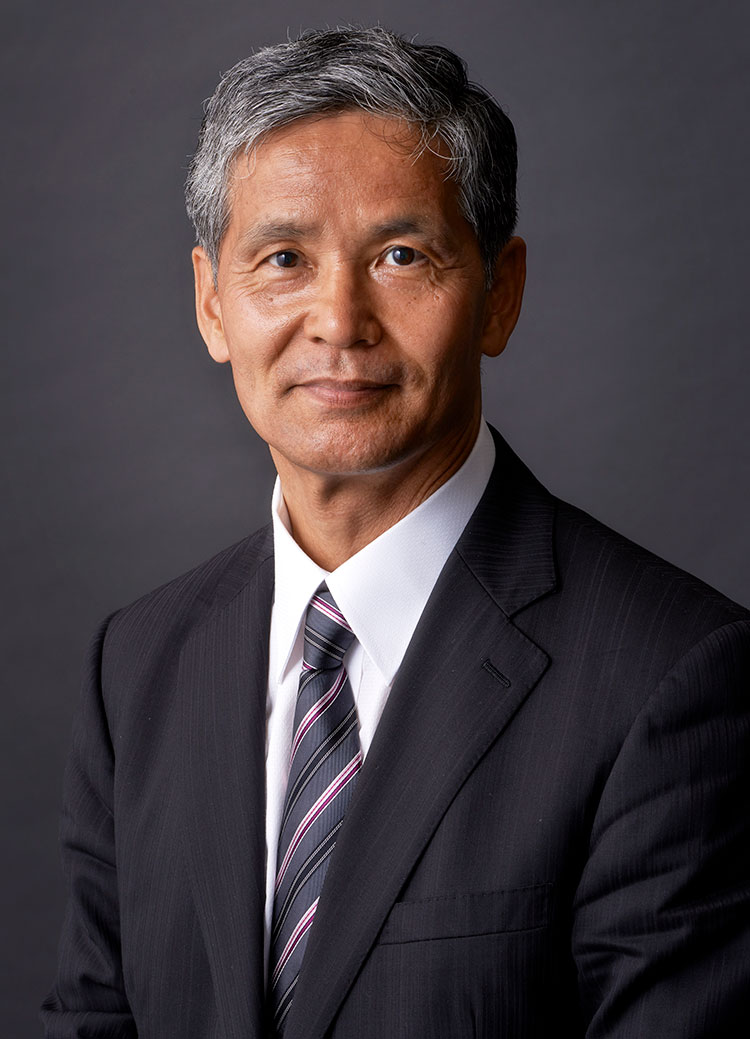
Tetsuro Matsuzawa
Distinguished Professor
Research Fields
Primatology, Comparative Cognitive Science
Research Overview
Matsuzawa has been studying chimpanzee both in the laboratory and in the wild. The laboratory work is known as "Ai-project" in the Primate Research Institute of Kyoto University since 1977: a female chimpanzee named Ai learned to use Arabic numerals to represent the number (Matsuzawa, 1985, Nature). The field work has been carried out in Bossou-Nimba, Guinea, since 1986, focusing on the tool use in the wild. Matsuzawa tries to synthesize the field and the lab work to understand the mind of chimpanzees to know the evolutionary origins of human mind. He published the books such as "Primate origins of human cognition and behavior", "Cognitive development in chimpanzees", "The chimpanzees of Bossou and Nimba".
Biography
| 1974 | B.A., Kyoto University |
|---|---|
| 1976 | Psy.M., Kyoto University |
| 1989 | Ph. D degree in Science, Kyoto University |
| 1976-1987 | Assistant of Primate Research Institute, Kyoto University |
| 1987-1993 | Associate Professor of Primate Research Institute, Kyoto University |
| 1993-2016 | Professor of Primate Research Institute, Kyoto University |
| 2006-2012 | Director of Primate Research Institute, Kyoto University |
| 2016-2019 | Deputy Director-General and Distinguished Professor of KUIAS |
| 2019- | Distinguished Professor of KUIAS |
Selected Papers
- T. Matsuzawa, Use of numbers by a chimpanzee. Nature 315, 57–59 (1985)
- N. Kawai, T. Matsuzawa, Numerical memory span in a chimpanzee. Nature 403, 39–40 (2000).
- T. Matsuzawa, Primate Origins of Human Cognition and Behavior. Springer-Verlag (2001).
- T. Matsuzawa, M. Tomonaga, M. Tanaka, Cognitive Development in Chimpanzees. Springer (2006).
- T. Matsuzawa, T. Humle, Y. Sugiyama, The Chimpanzees of Bossou and Nimba. Springer (2011).
Awards
Jane Goodall Award (2001), Medal with Purple Ribbon (2004), Person of Cultural Merit (2013), Awards for Distinguished Research/Services from the Japanese Psychological Association (2014), Fellow of the Japanese Cognitive Science Society (2019)
